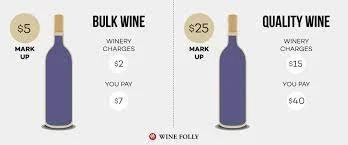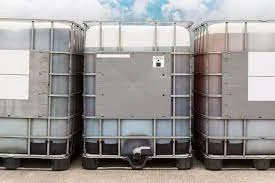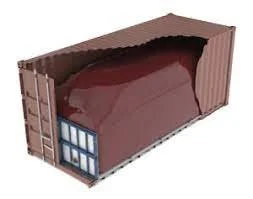France has too much wine, so it's paying millions to get rid of it
Is there too much wine being grown globally? Probably.
Why is there such a surplus all of a sudden? Well, there has been for a while, drinking habits are changing - there’s less volume being consumed in favour of quality.
NZ seems to have a surplus of Sauvignon Blanc in tank is just one example.
Sparkling wine from Italy is having trouble finding a home outside its borders - there was a recent article online about the interception of trucks, by French producers, stopping wine entering their country and smashing every bottle in protest.
What are the solutions? Distilling wine into industrial alcohol; make more hand sanitiser, find countries that want to buy cheap wine - never works for very long.
Thinking globally and acting locally, the article below makes a bit more sense and logic.
Stuff’s Caroline Anders discovered this piece originally from the Washington Post - thanks Caroline. Link to original here: https://www.washingtonpost.com/world/2023/08/26/france-wine-surplus-drinking-less/
Cam.
_________________________________________________________________________________________
France is about to destroy enough wine to fill more than 100 Olympic-size swimming pools. And it's going to cost the nation about US$216 million (NZ$365m).
Ruining so much wine may sound ludicrous, but there's a straightforward economic reason this is happening: Making wine is getting more expensive due in part to recent world events, and people are drinking less of it. That's left some producers with a surplus that they can't price low enough to make a profit. Now, some of France's most famous wine-producing regions, like Bordeaux, are struggling.
In June, the European Union initially gave France about US$172m to destroy nearly 80 million gallons of wine, and the French government announced additional funds this week. Producers will use the funds to distil their wine into pure alcohol to be used for other products, like cleaning supplies or perfume.
Agriculture Minister Marc Fesneau told reporters that the money was "aimed at stopping prices collapsing and so that winemakers can find sources of revenue again”, according to Agence France-Presse.
The decline in wine consumption is not new, according to Olivier Gergaud, a professor of economics at France's Kedge Business School who researches food and wine.
Wine consumption in France has been plummeting since its peak in 1926, when the average French citizen drank about 136 litres per year. Today, that number is closer to 40 litres, The Washington Post previously reported. Consumers are also inundated with beverage choices now, and they're choosing wine less and less.
"We have an underlying issue of, 'How do we better engage with the consumer and make wine more relevant, make wine a relevant choice for consumers that have a lot of options?'" said Stephen Rannekleiv, the global sector strategist for beverages at Rabobank, a Dutch financial firm specialising in agribusiness.
As consumption has taken a nosedive, production costs have increased and inflation has tightened budgets around the world. That's especially true since the Covid-19 pandemic, which shuttered bars, restaurants and wineries, driving up prices. The war in Ukraine also influenced the industry by disrupting shipments of products essential to winemaking, like fertiliser and bottles. And on top of the pandemic and war, climate change is forcing growers to adapt to new harvest schedules and reckon with more extreme weather.Costs are so high and demand is so low that some producers can't turn a profit.
While this year's subsidy is getting a lot of attention, the French government intervention is not a new phenomenon, according to Elizabeth Carter, a professor of political science at the University of New Hampshire who has studied the French wine market.
"I am not vaguely at all surprised that France is looking to destroy surplus and prop up prices by limiting quantity, because this is something that they've actually been struggling with since the 19th century, wine overproduction," Carter said.
She said there's been an internal push-and-pull in France for decades as producers grapple with what quantity of grapes to grow and how much wine is too much. The nation has long regulated the wine market intensely, in some cases telling producers how many vines they can grow and how far apart they have to be, in an effort to prevent the market from being flooded. So while this buyback program isn't totally new, Gergaud said, he hopes the industry takes this moment to consider longer-term solutions.
"We need to think in terms of, you know, long-run adaptation to these changing conditions," he said. "We need to help this market to transition to a better future, maybe with more wines that would respect the environment. Adaptation to climate change is a real challenge."
And regardless of its current woes, wine is too strong a part of France's identity for the market to go anywhere. It's certainly in the government's best interest to keep the industry happy: French President Emmanuel Macron has even said that a meal without wine "is a bit sad”.



